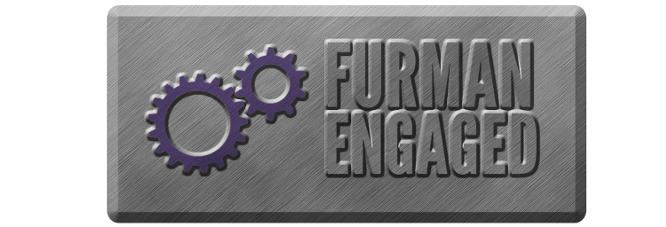Use of Photic Stimulation to Alter Alpha Power in the EEG and Effects on Memory
Department, Center, or Institute
Biology
Secondary Department, Center, or Institute
Neuroscience
Presentation Format
Department Organized Oral Session
Presentation Type
On-campus research
Description
Is this part of a department organized oral session?: YesDescription: Research from our lab and others has shown that sleep and rest improve memory. While resting with eyes closed has been shown to improve declarative memory, the mechanism underlying this effect is largely unknown. During eyes-closed rest, there is generally an increase in alpha frequency EEG activity (~8-12Hz), and this increase has been linked to a subsequent decrease in memory scores. We used photic stimulation to attempt to enhance alpha EEG activity and in turn worsen memory. Participants were hooked up to high density EEG and trained on a list of 40 unrelated word pairs before being subjected to photic stimulation. After the stimulation, subjects were given a cued-recall test of the word pairs. While we were successful in increasing alpha power, there was no significant effect on memory, thus indicating alpha power in the EEG is not solely responsible for any negative effects on memory.
Department Organized Oral Session Title
Neuroscience Program Talks Session I
Moderator/Professor
David Hollis, Biology and Neuroscience
Session Number
1
Start Date and Time
4-9-2019 9:45 AM
Location
Johns Hall 208
Recommended Citation
Nimchuk, Katherine, "Use of Photic Stimulation to Alter Alpha Power in the EEG and Effects on Memory" (2019). Furman Engaged!. 456.
https://scholarexchange.furman.edu/furmanengaged/2019/all/456
Use of Photic Stimulation to Alter Alpha Power in the EEG and Effects on Memory
Johns Hall 208
Is this part of a department organized oral session?: YesDescription: Research from our lab and others has shown that sleep and rest improve memory. While resting with eyes closed has been shown to improve declarative memory, the mechanism underlying this effect is largely unknown. During eyes-closed rest, there is generally an increase in alpha frequency EEG activity (~8-12Hz), and this increase has been linked to a subsequent decrease in memory scores. We used photic stimulation to attempt to enhance alpha EEG activity and in turn worsen memory. Participants were hooked up to high density EEG and trained on a list of 40 unrelated word pairs before being subjected to photic stimulation. After the stimulation, subjects were given a cued-recall test of the word pairs. While we were successful in increasing alpha power, there was no significant effect on memory, thus indicating alpha power in the EEG is not solely responsible for any negative effects on memory.

